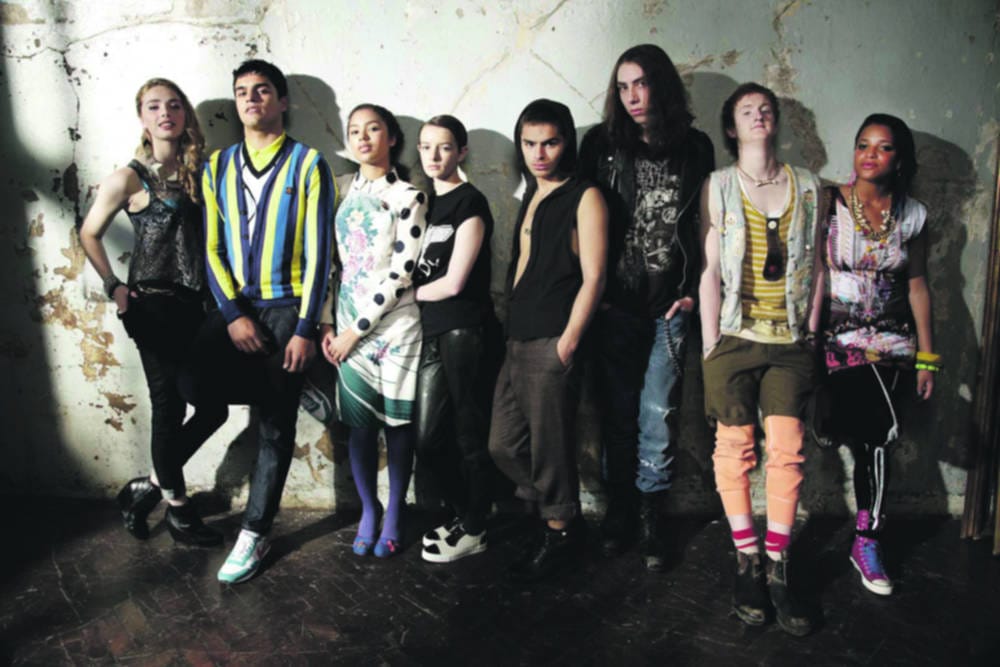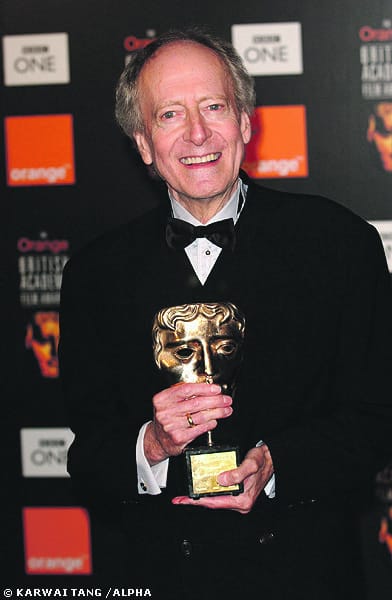Sex, Drugs & Growing Old
Mean Girls, but with a west country accent

Skins, Season 5, has just started, and the first comment on Twitter was “Where is all the sex, drugs and rock ‘n’ roll?”
Following a cast of teenagers through Sixth Form, the show provides a commentary on life in Bristol for 16 to 18 year olds attending Roundview College. Seasons 1 and 2 were totally unique, addressing (among other issues) teenage pregnancy, loss of a parent and death of a friend. School was treated as a platform for social dramas; the only academic issue being coursework deadlines – met after an all-nighter at a groaning computer. Along the way, we were treated to gratuitous amounts of sex, drug and alcohol. Seasons 3 and 4 addressed the same themes in a slightly different way, with a revitalised cast that brought a few added surprises. The second casting initially met resistance, but was ultimately accepted as the fourth season came to a shocking and nail-biting conclusion.
The show picked up a number of awards, including a BAFTA and a Golden Rose for outstanding drama and best titles. Names such as Nicholas Hoult, from “About A Boy” and Dev Patel from “Slumdog Millionaire” rubbed shoulders with relative unknowns, who were no less brilliant despite their inexperience, particularly the one unifying character over the cast change: Effy Stonem, played by Kaya Scodelario. Of particular surprise was the way the casts seem to adjust to their roles with apparent ease; mature content is convincingly portrayed by actors as young as 14. (Incidentally, MTV has just started airing the American equivalent and are now facing child pornography charges, with their youngest cast member at 15.)
The third generation cast has totally replaced any recurring characters from Season 4. Season 5 opens with Dakota Blue Richards, of “The Golden Compass” playing Franky, the character around whom the first episode centres. Instead of rampant sex, alcoholism and drug abuse, this character is quiet, clearly disturbed, and so awkward that I cringed as I watched.
Instead of aiming to shock, the writers appear to have changed their observation of teenage life, concentrating on the progression from awkward teenager to adult instead of jumping straight into fully-fledged badly-behaved adults. Skins 1 to 4 were so shocking because they left audiences asking the question “Do teenagers really behave like this?” The probable answer was no; the format of the show necessarily had to change.
The second episode features Rich, a ‘metalhead’ – stubborn, obsessed with metal, trying to get the girl, and so Imperial that anybody who watches it will immediately know someone who is Rich. Again, a totally different tone to any of the characters we have seen previously, and a complete divergence from any familiar storyline.
We have had a couple of hints at the rest of the cast – Grace, a ballerina, who seems too good to be true, but is clearly a deeper character than she appears on the surface; Mini, a Queen Bee (think “Mean Girls” but a west country accent); Matty, an enigmatic mystery man who has stared down the barrel of a gun and sex-obsessed Alo, the token ginger.
So far, I withhold judgement. I don’t know why I loved the first two casts so much – probably because they were so out-of-this-world that it was fascinating to watch, instead of what felt like an in-depth exploration of the teenage psyche. I’ve found the use of awkward silences and stilted conversation really uncomfortable; but the show is still compelling, and perhaps the thing that is so strange now will revitalise it and give it a different kind of edge. I don’t know where the writers are going to take it but I will be sticking around to find out.









